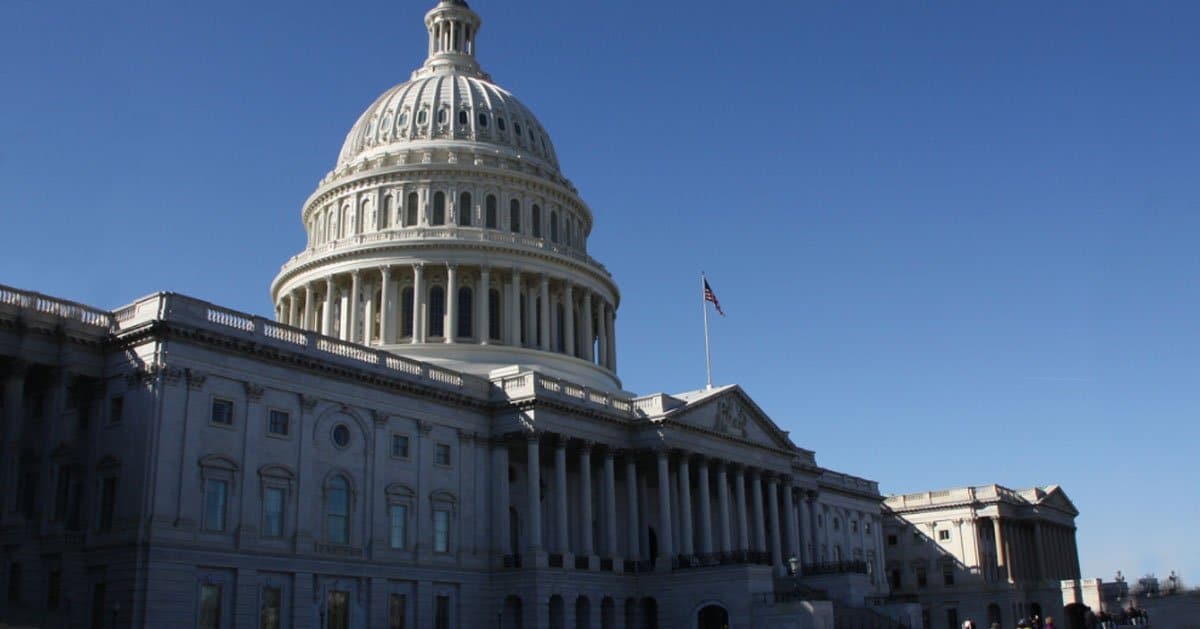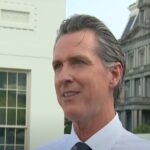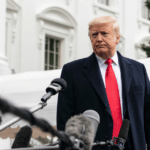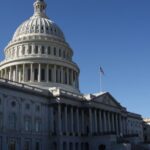




President Donald Trump just swatted down the notion of running for vice president in 2028 like a pesky fly, making it clear he’s not entertaining such a role.
During a candid chat with reporters on Sunday aboard Air Force One, Trump addressed swirling rumors about his political future while touting strong Republican talent and taking sharp jabs at Democratic figures.
Trump was on a five-day tour across Asia when he fielded questions from the press, landing in Japan early Tuesday morning. His itinerary includes a meeting with Japan’s newly elected Prime Minister Sanae Takaichi, the country’s first female leader, in Tokyo. There’s also talk of a potential sit-down with North Korean leader Kim Jong Un during his stop in South Korea.
Turning to the future of the Republican Party, Trump didn’t hold back his enthusiasm for the next generation of leaders. He named Vice President JD Vance and Secretary of State Marco Rubio as standout prospects for the 2028 presidential nomination.
“We have great people. I don't have to get into that, but we have one of them standing right here,” Trump said, praising his allies. He went on to call Vance “great” and suggested Rubio could be a formidable contender, hinting that their combined strength might be “unstoppable.”
Trump’s confidence in Vance and Rubio signals a party brimming with potential, a stark contrast to the uncertainty often plaguing political transitions. His words seem to lay the groundwork for a robust Republican ticket, one that could dominate future contests without his direct involvement.
Not one to shy away from criticism, Trump aimed at potential Democratic candidates, labeling their intellectual capacity as lacking. He specifically pointed to Rep. Jasmine Crockett and Rep. Alexandria Ocasio-Cortez, questioning their readiness for high-stakes leadership.
“They have Jasmine Crockett, a low-IQ person. They have AOC's low IQ,” Trump remarked, doubling down on his assessment. His challenge for them to match his performance on cognitive tests—ones he described as “very hard” and taken at Walter Reed—adds a layer of personal bravado to the critique.
While Trump’s comments are undeniably pointed, they reflect a broader concern among conservatives about the preparedness of progressive leaders to handle complex national issues. The focus on cognitive tests might seem like a sideshow, but it underscores a demand for competence over charisma in political discourse.
As for the idea of stepping into a vice presidential slot in 2028, Trump dismissed it outright as beneath his current stature. He acknowledged that such a move would be legally permissible but found the concept unappealing.
“You'd be allowed to do that, but I wouldn't do that. I think it's too cute,” Trump stated, brushing off the speculation with characteristic flair. His rejection of the role isn’t just a personal choice; it’s a statement on where he sees his influence best applied.
This dismissal might disappoint some supporters who crave Trump’s name on any ticket, but it also frees up space for fresh faces to emerge. It’s a pragmatic nod to the need for new energy, even if delivered with his signature bluntness.
Trump’s comments came amid a busy Asia tour, showcasing his continued engagement on the global stage. His planned meeting with Japan’s Prime Minister Takaichi could set the tone for strengthened U.S.-Japan relations under new leadership.
Additionally, Trump’s openness to dialogue with Kim Jong Un during his South Korea visit hints at a willingness to tackle thorny diplomatic challenges head-on. While his domestic political musings grab headlines, these international moves remind us of the broader scope of his current role. It’s a balancing act—building a Republican future while navigating global complexities—that Trump seems determined to master.



